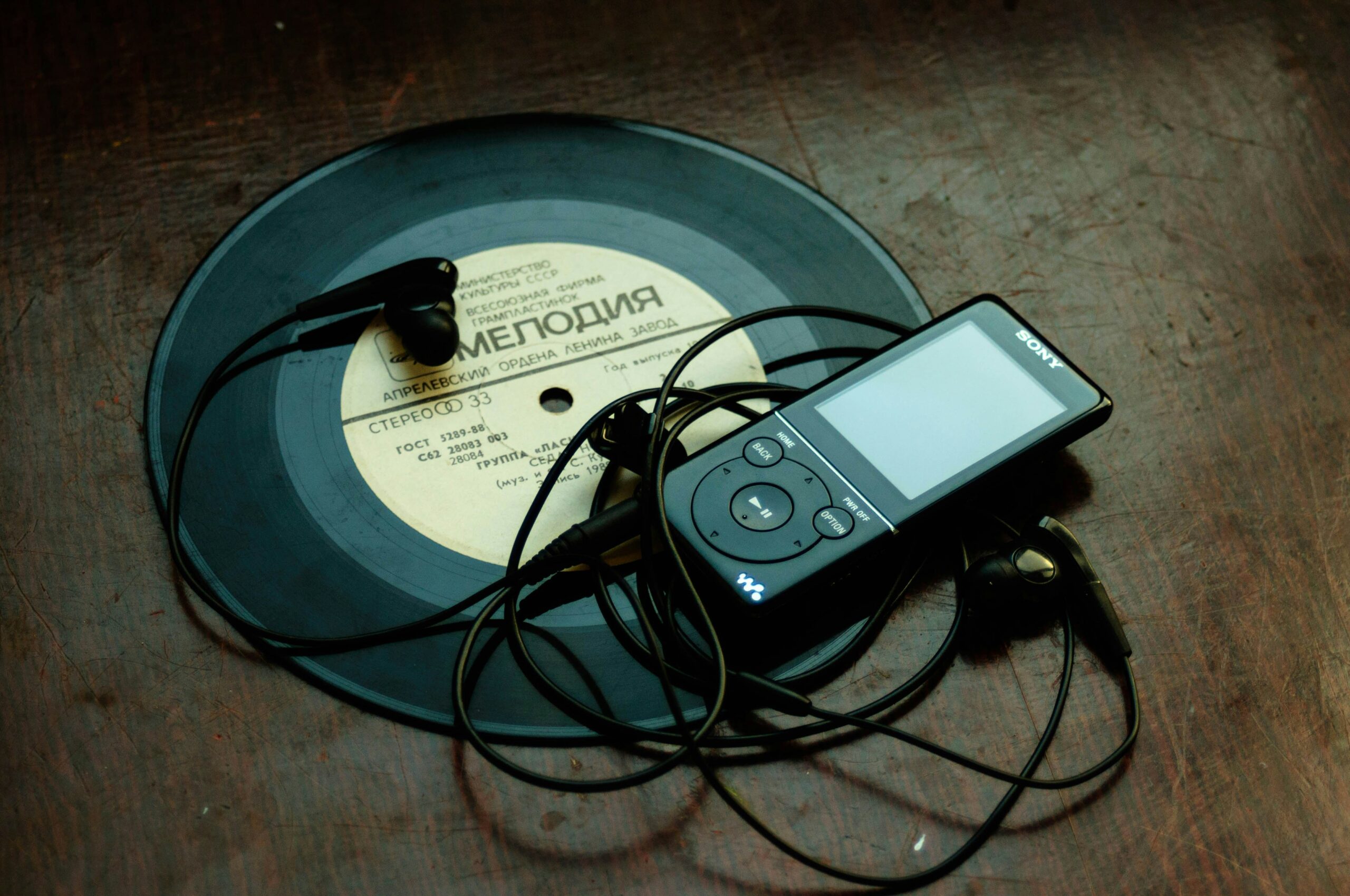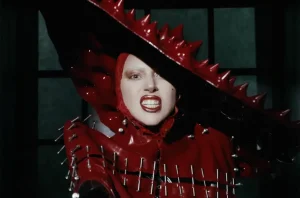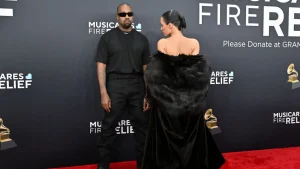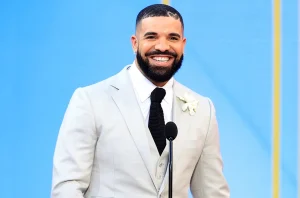
© Oleg Sergeichik on Unsplash
For many songwriters just starting out, one of the first big decisions to be made will be the type of music you will write. An important choice, picking the right genre will shape your songwriting process and possibly affect the direction your career may take.
Firstly, remember: your genre choice isn’t necessarily set in stone. Many successful songwriters experiment across genres or even blur genre lines in their work. For example, Ed Sheeran writes pop songs, but he incorporates elements of folk, hip-hop, and more. Your tastes and style will likely evolve over time, as well. So don’t stress too hard if your first choice doesn’t feel like a perfect fit once you get started writing. You can always change directions later. The goal here is to simply pick a starting point.

Genre selection may be something pertinent to your life as a listener. What artists do you like? What albums do you return to? As a songwriter it would be a good logical starting point to consider those genres you were listening to. Your familiarity and passion for a genre’s sound and style will serve you well creatively. That will also give you an idea of the conventions and what is expected from those fans in that genre.
Also consider, beyond your tastes, the different market potentials of genres. Some at this point in time are more saturated than others in terms of mainstream popularity and viability as a career path. Certain pockets, such as pop, hip hop, and singer-songwriter styles, are very successful commercially. But do not let market pressures be a dictator either, because passions can pay off in many ways other than going viral or scoring hit singles. Every genre needs fresh, new talent devoted to it.
There’s also the question of technical abilities and songwriting strengths. Country and folk are genres that normally put much value on vocal delivery and a story being told. Rap and R&B are genres more oriented to rhythm, flow, and rhyme scheme. Pop, rock, and Latin styles can accommodate a very broad range of styles. Consider which component of songwriting specifically comes easiest to your talents: writing lyrics, melody, production, or something else. Allow your natural innate abilities to guide you toward choosing the genre.

Some other genre considerations that might be relevant are instrumentation: What do you play best? Genres like bluegrass value strings or folk encourage acoustic playing styles more than EDM production does, collaborators make it easier to write pop or indie songs solo initially versus hip hop, which relies more heavily on features and co-writes, so consider partner options.
Song form: The Blues are verse-chorus, Latin might combine English and Spanish lyrics freely across complicated rhythms. Learn structural expectations. Performance: Do you enjoy the participatory vibe of live rock concerts or the hushed storytelling setting? There are also conventions of performance for genres. Given these key elements, here are some of the most popular genre options songwriters find themselves more often beginning their careers with, along with reasons why each route may best serve different aims:
Pop: Versatile, commercial, and open to many different styles. Pay close attention to finding a great hook and delivering great vocals. Use hitmakers like Taylor Swift as inspiration for mainstream/crossover appeal. Great option if you want mainstream success potential early on.
Folk: Low-key instrumentation underlines lyrics that tell a story. Perfect if you value simplicity and authentic self-expression over production values. Artists like John Mayer prove that folk skills translate broadly.
R&B/Soul: Melodic and emotive; this is a genre that really showcases your vocal ability. Practice runs and phrasing; listen to artists who blur the lines between R&B soulfulness and pop accessibility, such as The Weeknd.
Rock: High-energy instrumentation suits the overall rebellion associated with rock. Practice being lively on stage. Bands like Imagine Dragons merge rock energy with crossover hooks.
Hip-Hop: More lyrically intricate, allows vocal stylings. Emphasize the flow, rhythm, and rhyme. Look towards lyrical greats like Kendrick Lamar. Harder to reach the mainstream, but huge momentum underground.
Country: The storytelling is predominantly through the lyrics; real, authentic vocals are necessary here. The subjects have to be relatable. Practice your “storytelling” side; listen to heartland icons like Kacey Musgraves.

Remember that the truly original artists find ways to meld genres or evolve their sounds over time. But having one to begin honing your craft within provides focus. So dig deep into the genres you connect with, both personally and professionally. With passion and practice, you’ll be well on your way to developing your unique songwriting voice and career path. The possibilities are endless, so now go start writing!






